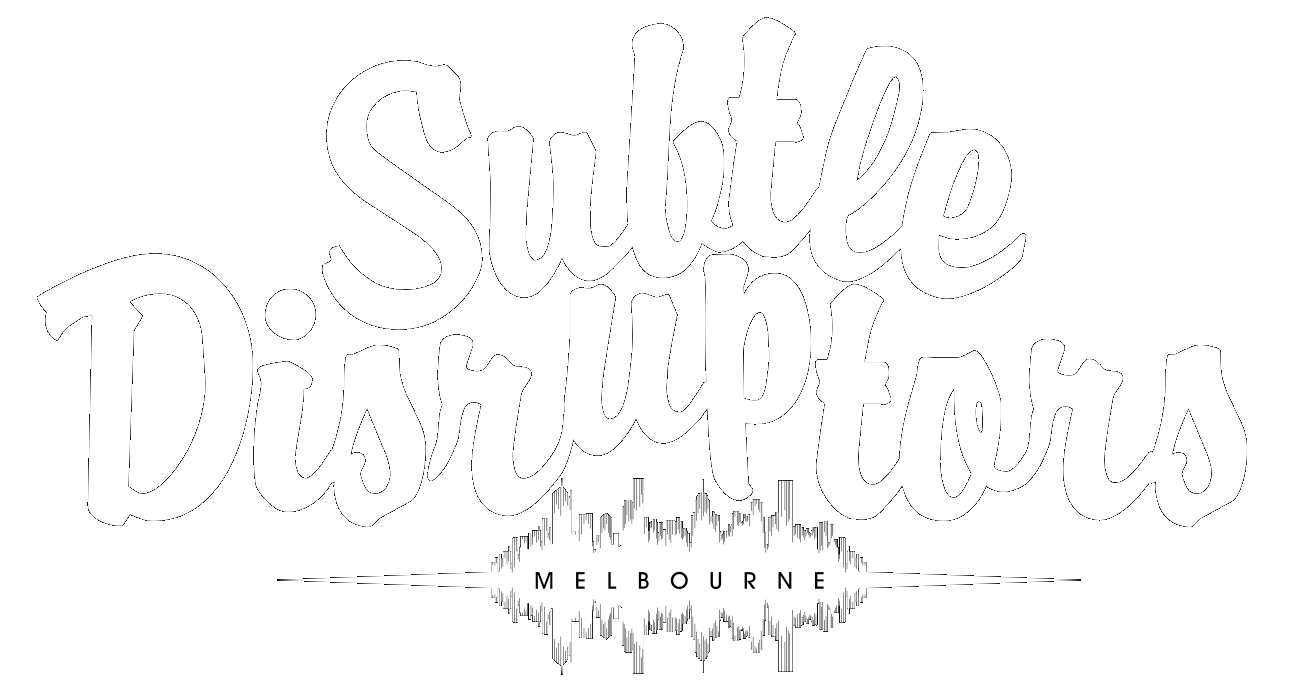There is a moment when I am talking with David Holmgren that I notice a shift in myself. He has been sharing the origins of the concept of permaculture in the 1970s, and how quickly it was picked up by people at the time. It seems that some people became quite fervent about it, seeing it as a way that they were going to change the world.
What I gather from our conversation though, is that David was not so sure about using permaculture in this way. He believed in it and wanted to see the ideas grow, but he did not think that it was going to be the vehicle to right all the wrongs of the world. Perhaps in part because of this, for many years he stayed out of the permaculture limelight while continuing to implement its ideas through his permaculture design practice.
The shift that happened to me was because I had made some judgements about myself and assumptions about David. I had assumed that as a person who was living in such an authentic way and had been part of bringing such an important new idea into being, he would look at the way I was living as pitiful in comparison.
But what I experienced, in reality, was a deep humility and honest connection from somebody who wants to share the wisdom he has learnt to this point in his life. Somebody who does not assume that their idea is going to be the way the world is saved. But rather sees that in doing their bit, in helping a few live in a different way, that this may cascade into something bigger down the track.
In many ways, this is the essence of subtle disruption: making the small change that is within our power, the change that can have a positive impact on our own life or the lives of those around us, and then experiencing the aggregating impact had by all of those subtle disruptions across people and through time.
David’s latest book is called Retrosuburbia; a handbook for those who are anticipating a future operating with much less energy than we have available today, and who are looking for practical wisdom on how to create a different way of living for themselves.
His first book, Permaculture One: A Perennial Agriculture for Human Settlements, was co-written almost forty years ago Bill Mollison and was the start of what could be one of the most important ideas to come out of Australia.
It was an honour to be able to speak with David, somebody who has had a direct and indirect impact on many of the other guests on this podcast. Some of them include Maria Cameron who I spoke with about a retrosuburbian community in Heidelberg West, Patrick Jones or Matt Devine who both have families that live by these principles, and Samuel Alexander who is working to convey these ideas to a broader audience.
Podcast: Download
Subscribe: Apple Podcasts | RSS




Leave a Comment